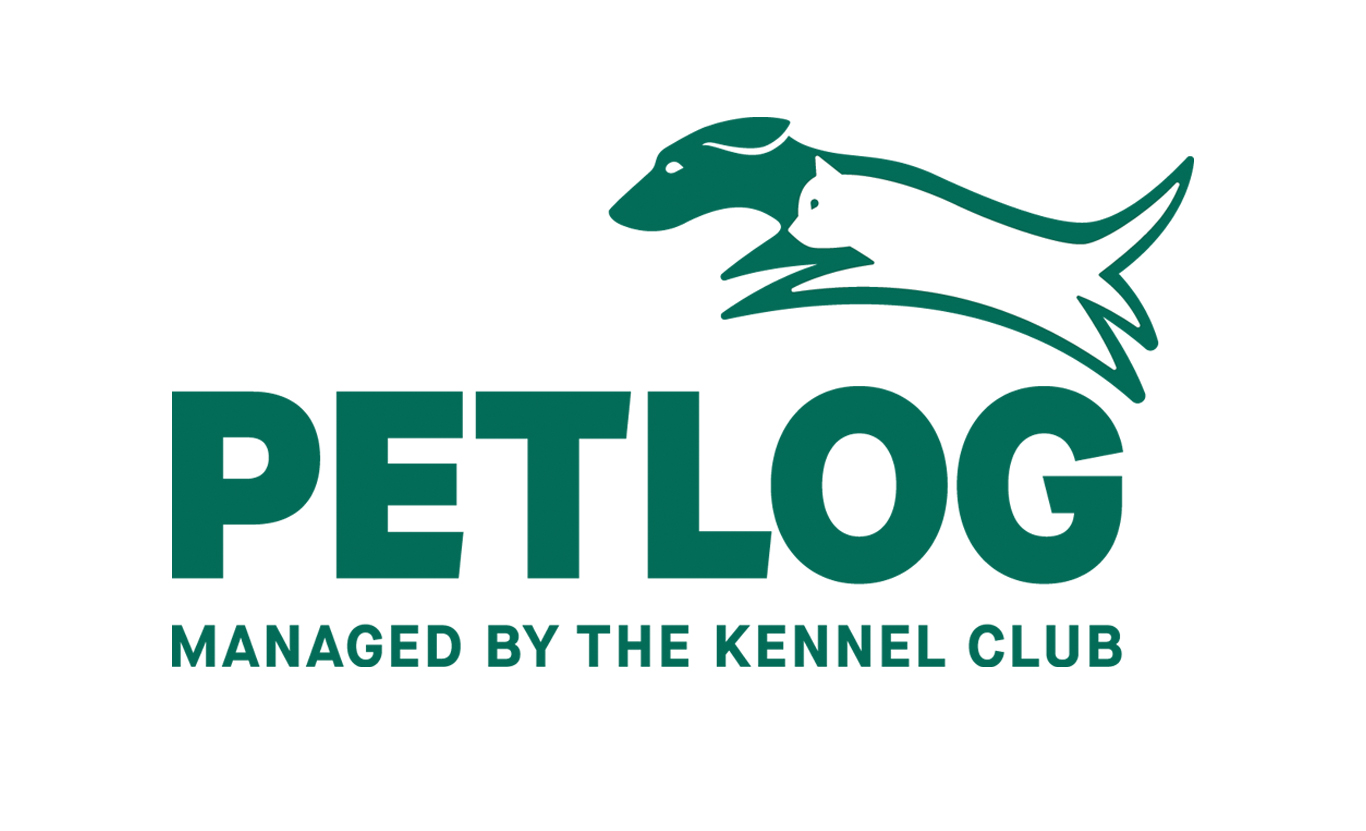Christmas is a time when your pet’s usual routines change. From their outlook, Christmas is a lively season with lots of curious items being brought into the home, creating an inviting environment for your pet to get up to all types of mischief. Unusual objects, such as fascinating foods, interesting plants and trees, captivating decorations, and beautifully wrapped Christmas presents, may all be intriguing to your pet, but they could be dangerous to them.
Christmas foods
Food is a big part of Christmas and is a time for indulging in delightful treats with loved ones. Despite our pets being part of the family, sharing particular human foods with them can make them very sick and could even be deadly.
Here are some of the most commonly eaten hazardous foods for some pets:
- Chocolate
- Christmas cake, mince pies and Christmas pudding
- Sage and onion stuffing
- Certain nuts
- Blue cheese
- Fatty and salty foods
Poisonous winter plants
As well as the usual tinsel and baubles, many people like to decorate their homes with winter plants. Festive wreaths are hung on our doors, vibrant red poinsettias are placed on windowsills, fresh pine Christmas trees are brought into homes and mistletoe is placed above door frames. Despite the Christmas ambiance that these added touches bring to our homes, seasonal plants such as the ones listed below could make some pets ill if they try to eat them.
- Poinsettia
- Holly
- Mistletoe
- Ivy
- Potpourri
- Christmas trees
- Lilies (particularly cats)
Christmas decorations and presents
The Christmas period can be a confusing time for our pets, especially with lots of new exciting things in the home. New bright decorations placed around the home, a festive tree filled with dazzling lights, new sensational smells and lots of wrapped-up presents can awaken our pets to give in to their natural instincts to explore new surroundings.
Listed below are some Christmas decorations and presents that may be a choking hazard or potentially dangerous to your pet if eaten or chewed.
- Christmas tree decorations (tinsel, baubles, electric lights and salt dough ornaments)
- Batteries, silica gel and wrapping paper
- Small toys
- Chocolate gifts
Winter dangers
Icy cold weather, little daylight, and frosty walks are all typical of the winter season, but it’s important to remember that some pets could be at higher risk of certain seasonal dangers. If you’re prepared then, these dangers can be easily avoided.
Antifreeze
Antifreeze can be poisonous to our pets. Some types of antifreeze taste and smell sweet so may be tempting to animals but if consumed can be lethal. Always take care when using antifreeze and keep pets away while using it. Store any antifreeze in a place out of reach of your pets, and if you spill any always ensure that the area is thoroughly cleaned. Effects of antifreeze poisoning are vomiting, diarrhoea, weakness and your pet may act in a ‘drunk’ state. If untreated, your pet can seem to become better, but can then develop kidney failure. Treating your pet quickly is crucial; if you notice that your pet has ingested antifreeze, contact your vet straight away.
What to do if your pet consumes lethal foods
If you know that your pet has eaten, licked or breathed in something that you believe it shouldn’t have, phone your veterinarian immediately. Please refrain from making your pet sick as this can cause further issues and may also injure them.
How to help your vet
If you encounter an emergency, here are some tips that may help your vet determine whether your pet needs to be treated by them and what the best treatment for them would be. Here’s what you should provide your veterinary practice with:
- Tell them what poison you think your pet has been exposed to (e.g. chocolate, ibuprofen etc.)
- Include the product names, or lists of ingredients if relevant
- Explain how much they may have been exposed to (i.e. 200mg, 200ml, one tablet etc, even approximations may help)
- When your pet was exposed to the poison (i.e. three minutes, three hours or three days ago)
- Which symptoms your pet has displayed
The sooner a poorly pet is treated, the more likely they are to recover and the easier they are to treat. If you have concerns do not wait for your pets’ symptoms to worsen, seek professional advice immediately.
